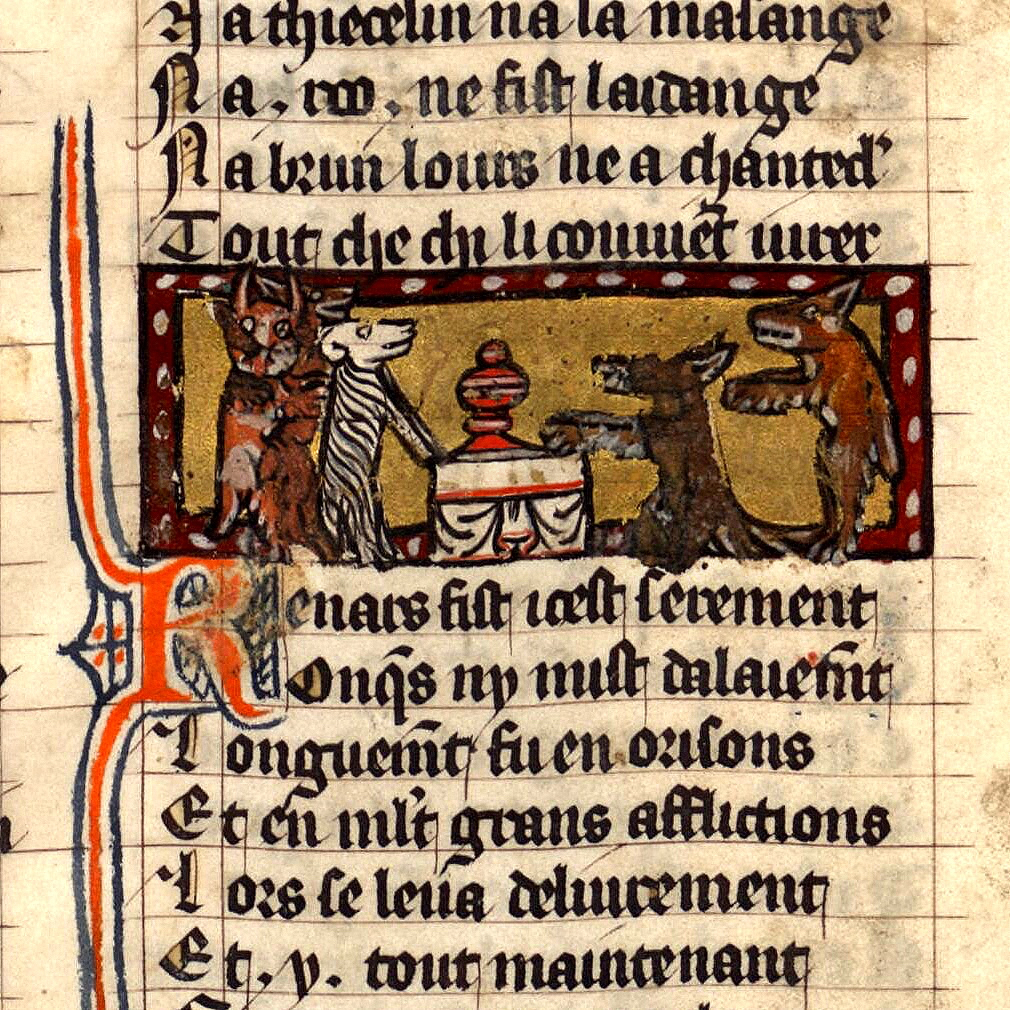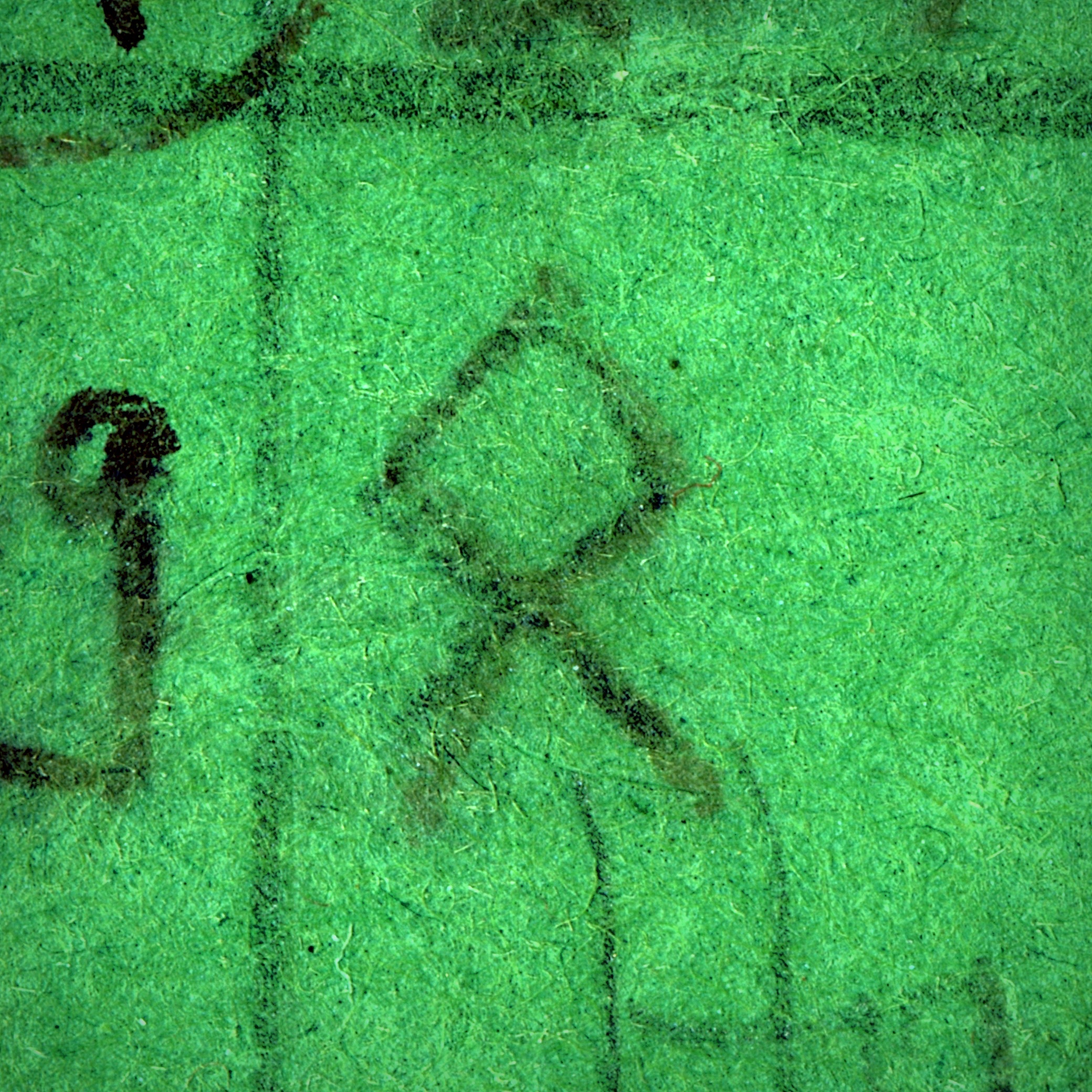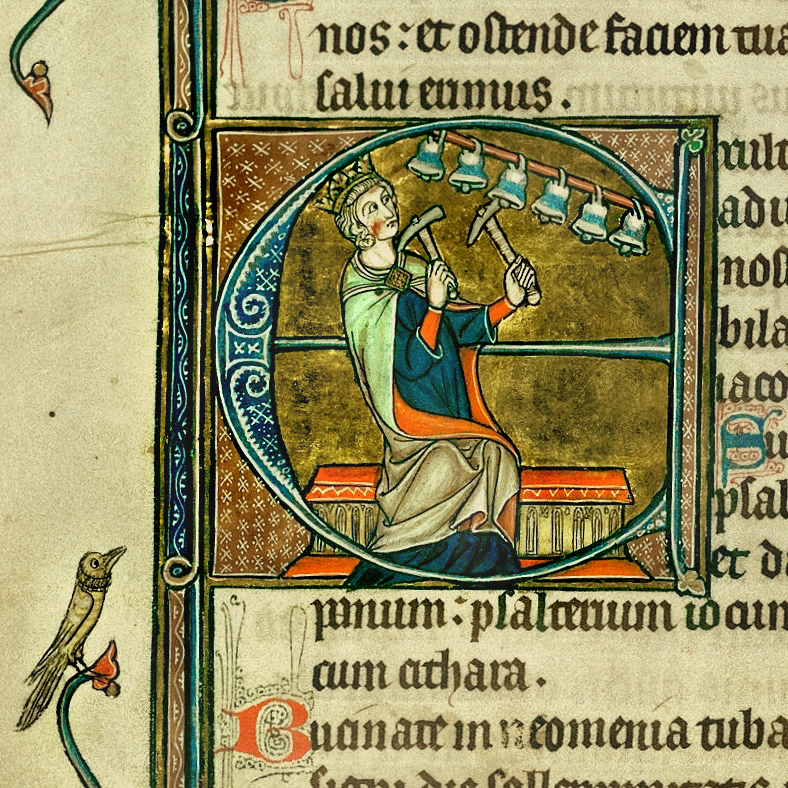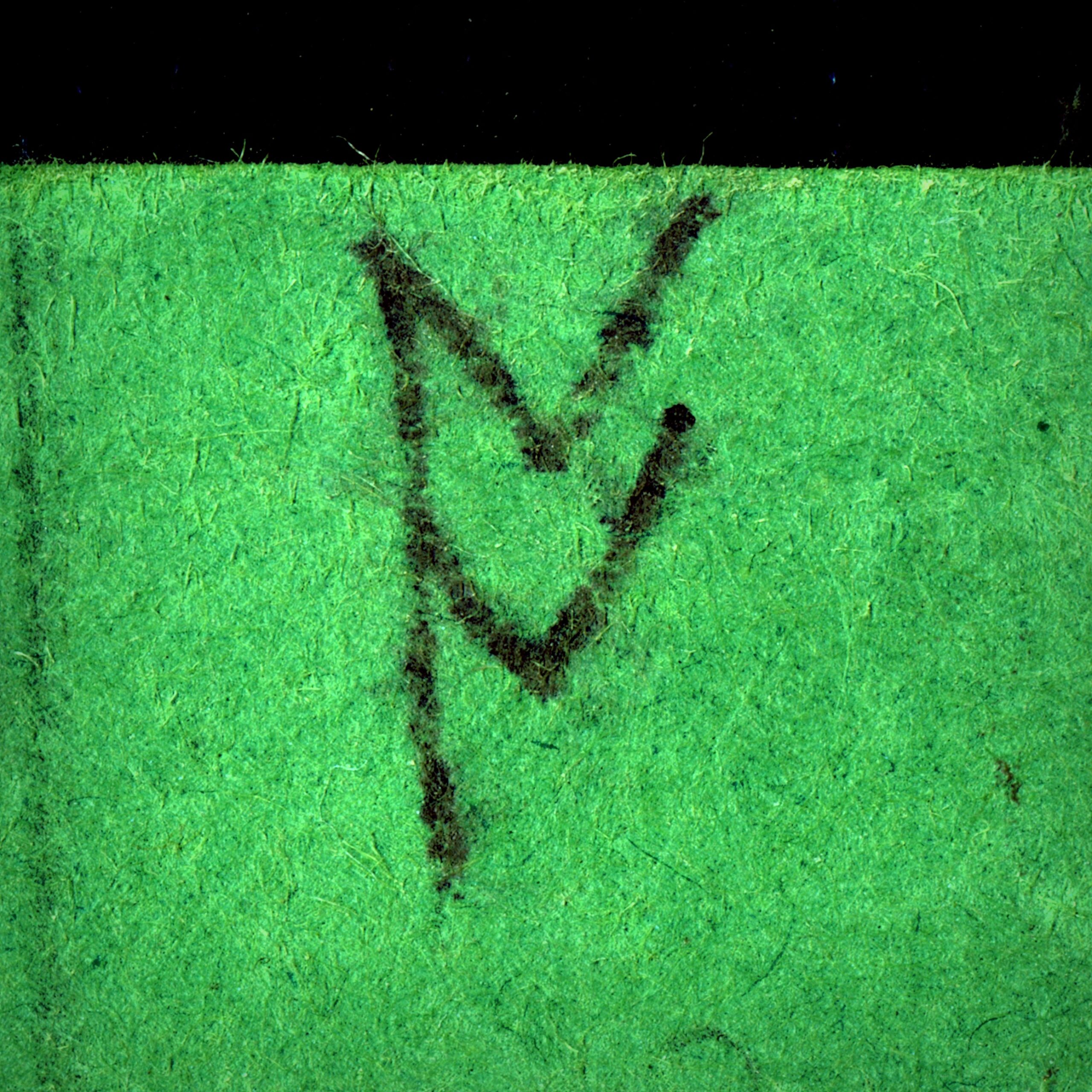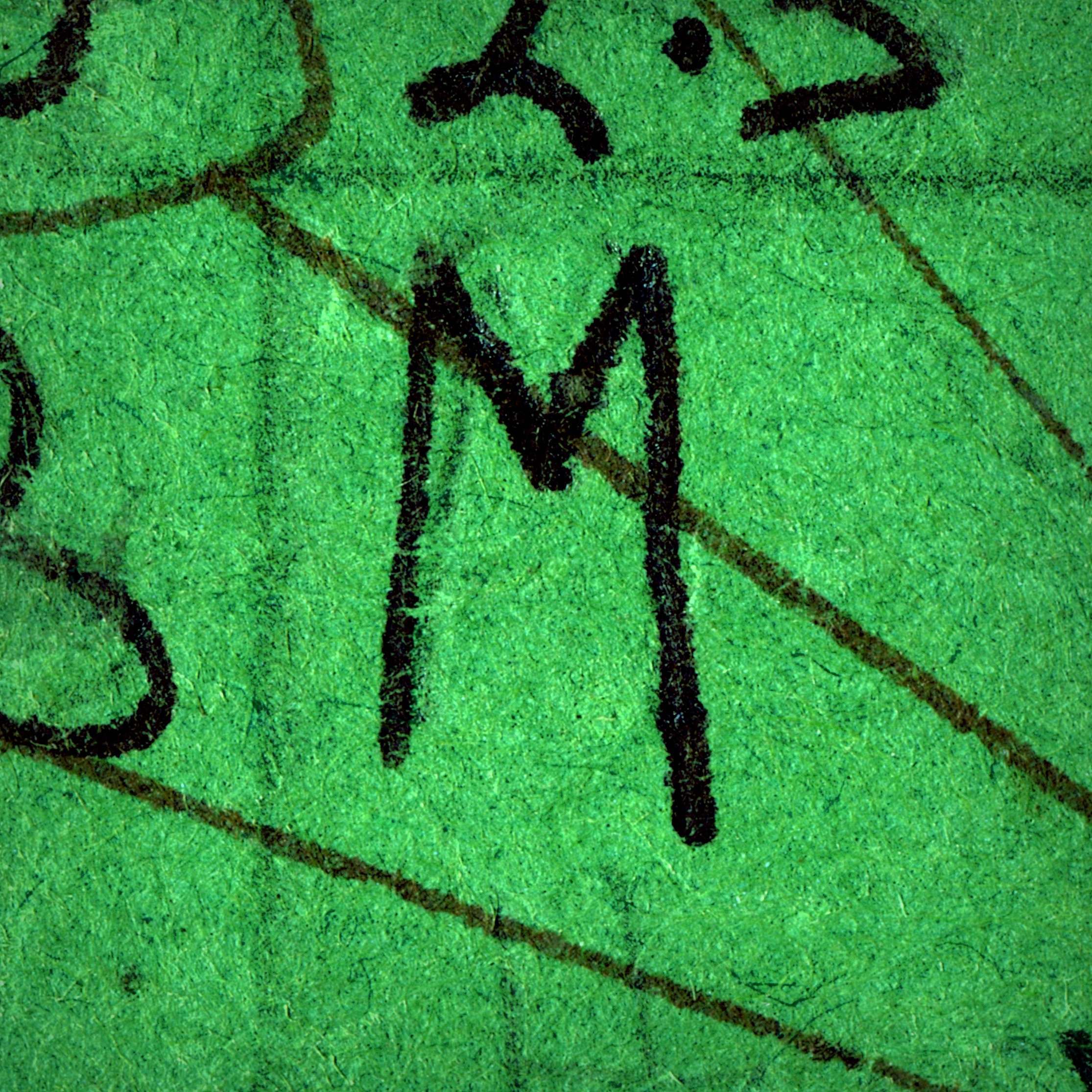 This is the rune for Eh, war horse, letter E. In the Cotton library manuscript called Galba A.ii (burned in a different fire from the one that got the Old English Rune Poem) the name of this rune is spelled eoh. In other manuscripts the name is spelled Eh as it is here, not with an EO at the start. There’s another rune for EO: ᛇ, spelled eoh like it’s a horse but it means a yew tree. This is the Rune Poem catching a vowel shift, from E to EO. This rune gets tangled up in ᛟ as well, Eþel, the rune for Œ. Notice that is not an Œ at the front of ᛟ’s name, it’s an E. ᛟ used to be œþel, but that sound shifted into E from what used to be mostly O sounds. Vowels are shapeshifters. The sound of this one makes us smile.
This is the rune for Eh, war horse, letter E. In the Cotton library manuscript called Galba A.ii (burned in a different fire from the one that got the Old English Rune Poem) the name of this rune is spelled eoh. In other manuscripts the name is spelled Eh as it is here, not with an EO at the start. There’s another rune for EO: ᛇ, spelled eoh like it’s a horse but it means a yew tree. This is the Rune Poem catching a vowel shift, from E to EO. This rune gets tangled up in ᛟ as well, Eþel, the rune for Œ. Notice that is not an Œ at the front of ᛟ’s name, it’s an E. ᛟ used to be œþel, but that sound shifted into E from what used to be mostly O sounds. Vowels are shapeshifters. The sound of this one makes us smile.
Carve … More

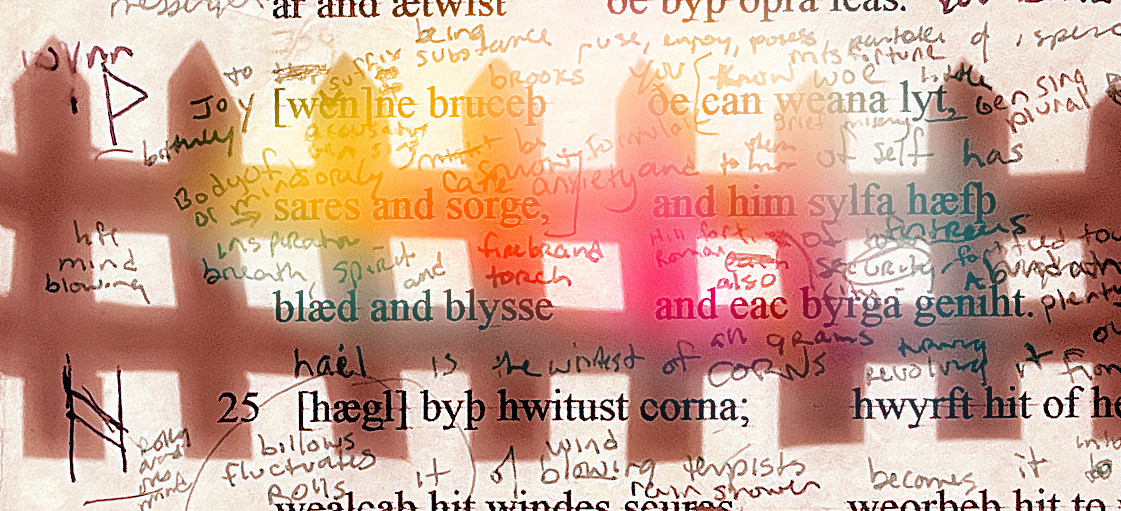
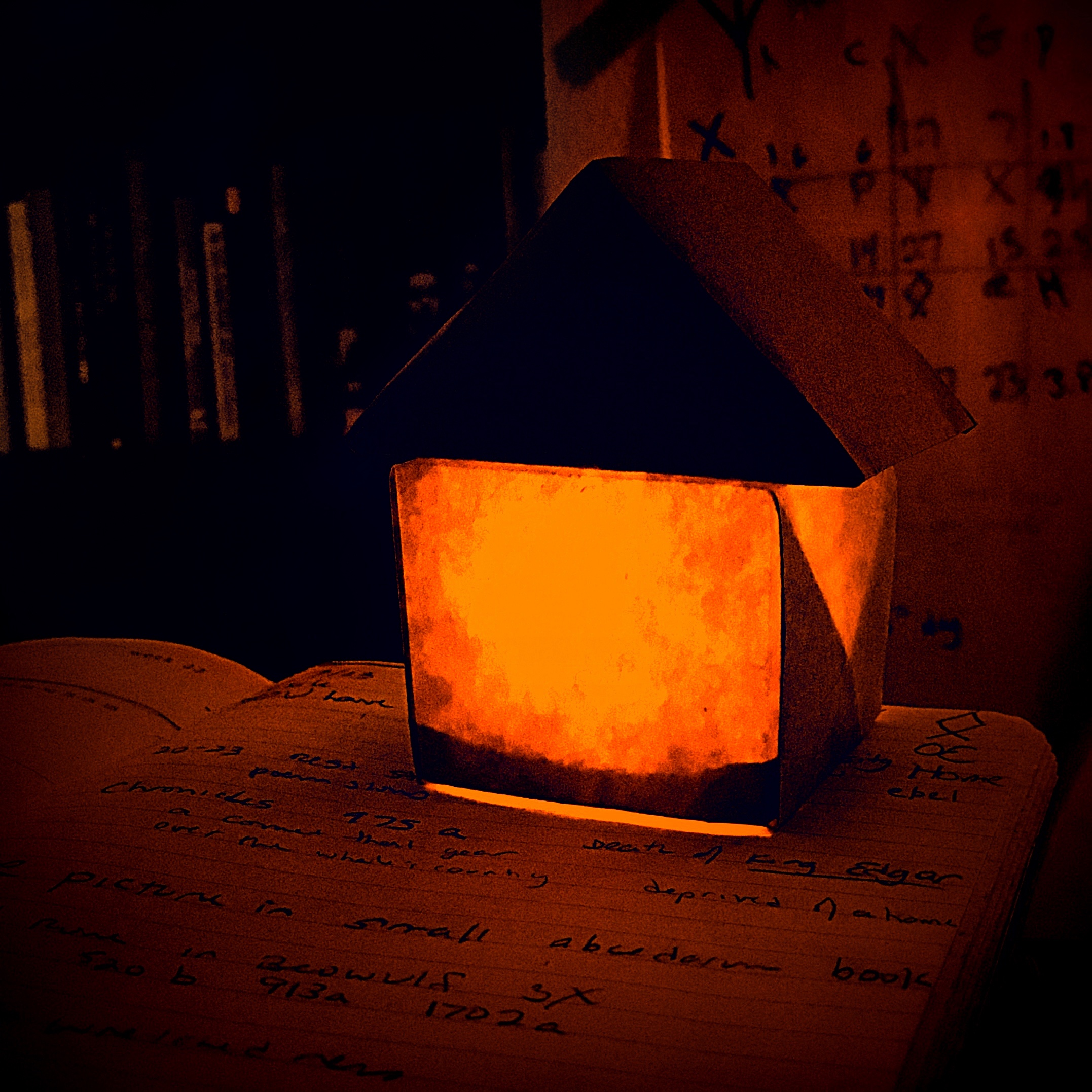 Has there been an injustice?
Has there been an injustice? 